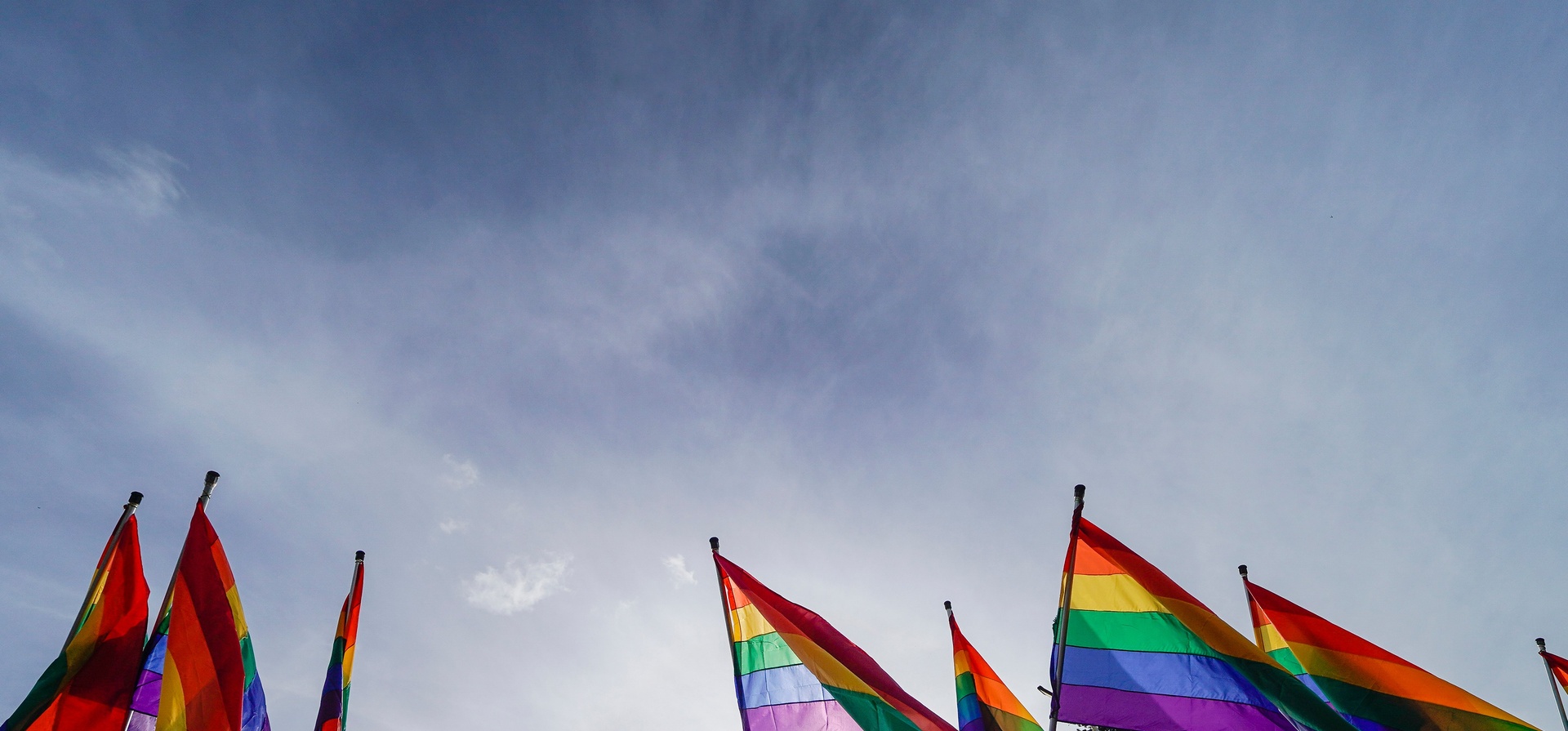Am I Wrong to Love?

Am I Wrong to Love?
They were beaten, tortured, their lives threatened – just for loving who they loved or not wanting to hide who they really are.
There are some 26 million refugees around the world who have fled war, violent conflict or persecution. Under international law, anyone with a well-founded fear of being persecuted based on their race, religion, nationality, political opinion or membership in a particular social group must be protected as a refugee.
Guidelines issued by the UNHCR, the United Nations Refugee Agency, have considered people targeted because of their gender identity, sexual orientation or sex characteristics to be entitled to such protection.
Sometimes LGBTI refugees are victims of their government’s draconian laws. Other times they suffer at the hands of fellow citizens, or their own families – and their government stands idly by or even participates in the abuse. Listen to some of their stories below.
“Growing up, it was hard to understand what being ‘trans’ was because there was no language around it.”
Biko Beauttah, Kenya
If you identify as gay, lesbian, bi-sexual or trans in Kenya, things could go very badly. Growing up, it was hard to understand what being trans was because there was no language around it and there were simply no trans people out in the open. I always felt like I was different, but also special. I traveled to the United States for college and visited my first gay club, where I saw Maya Douglas — the first trans person I’d ever seen. That’s the moment I not only discovered what it meant to be transgender, but that was also how I viewed myself. I felt liberated. That year, for Halloween, I actually dressed up like a woman for the first time and felt like I was finally in my own skin. I knew I couldn’t go back to Kenya, where I could be killed, so I applied for asylum in Canada in 2006. I was detained for 36 hours upon arrival and spent my first six months in Canada in a refugee shelter before a landlord finally agreed to rent me an apartment. I’ve been on the Tyra Banks show and am now one of the faces of Nordstrom [retail chain]. Despite these successes, I still experience transphobia here in Canada, just like every trans person anywhere in the world.
On arrival in Toronto in 2006, she was handcuffed and held in an airport cell for 36 hours. She has since become a champion for refugees and LGBTQI people, spreading a message of tolerance and equality.
“When I first knew that I’m a lesbian, I was struggling because I felt like that I’m alone.”
Nouran Hussein, 23, Egypt
I first started feeling like I may have been a lesbian in grade 6 but I didn’t really admit it to myself until I was in high school. I made sure to keep it secret and hide it from everyone. My background is Muslim and I felt like I could never come out to my family. When I was in college, my family looked through my phone and found messages between me and my partner. They beat me and couldn’t accept it. They even admitted me to a mental health hospital for one week. In Egypt, the LGBTQ community is so hidden and nobody can show their sexuality in general because they can be taken by the police and tortured. It’s not just the police and government, but the general public too. I met my partner Miral on Instagram. We knew we were in danger and we tried to escape. We traveled and hid around Egypt until we could finally get a visa to leave as refugees. We came to Toronto in June 2018 and neither of us have relationships to our families. We never imagined that there would be a place in the world where we could walk around freely, hold hands and kiss publicly. When we first arrived in Toronto, we were so happy that we cried.
Partners Miral Mokhtar (left) and Nouran Hussein, both 23, fled persecution in Egypt for Canada. After discovering she was a lesbian, Miral’s father wanted a virginity test “and threatened to kill me.” While Nouran escaped after her family beat her and sent her to a mental hospital.
Act Now to Help LGBTI Refugees




